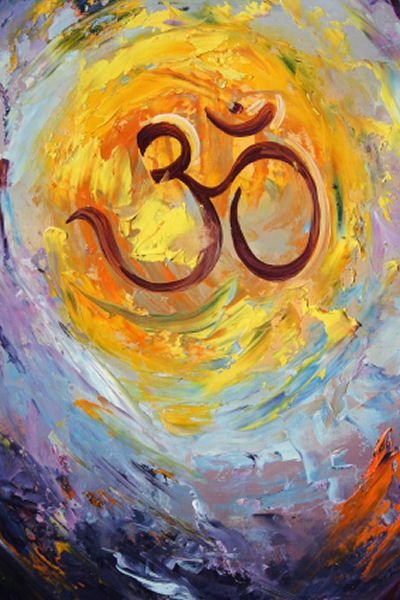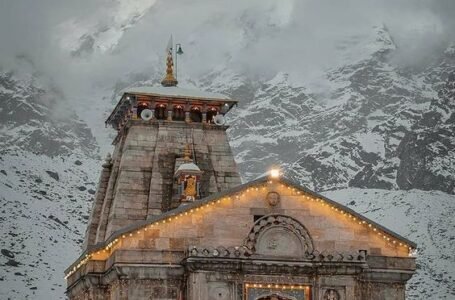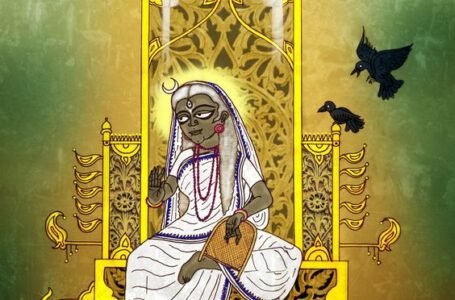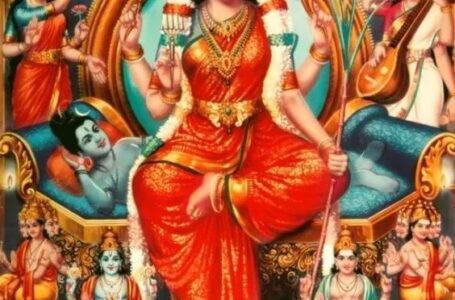#WorldOfMythologies : Hindu Mythology the Homage of Science and Spirituality
- Indian Mythology Ancient history Asian history mythology
 Shiwani Kumar
Shiwani Kumar- June 24, 2022
- 0
- 339
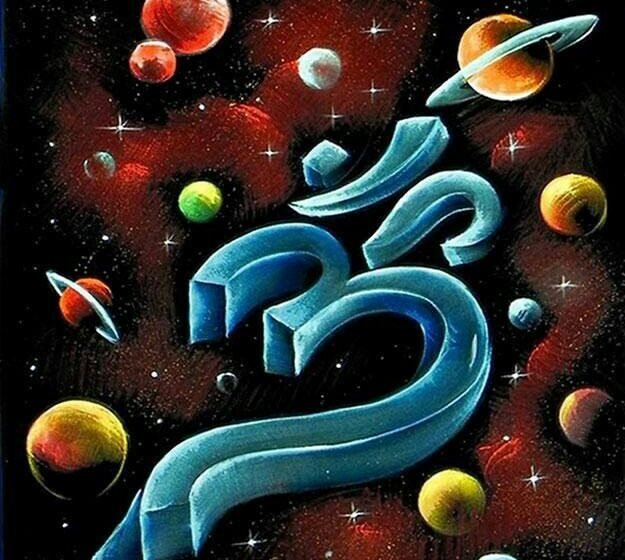
The Hindu religion is believed to be the oldest religion in existence, whose origin can be traced back to primeval times around 5000 to 10000 BC. Hindu mythology is a collection of myths and stories found in the Vedas, the Puranas as well as the Epics like Mahabharata and Ramayana. The word ‘myth’ simply means a traditional story, but as defined by the Folklorists myths are the ‘the sacred tales believed as true which are set in the past with extra-human, inhuman and heroic characters. Hindu mythology often reflects the worship of nature and the living beings around.
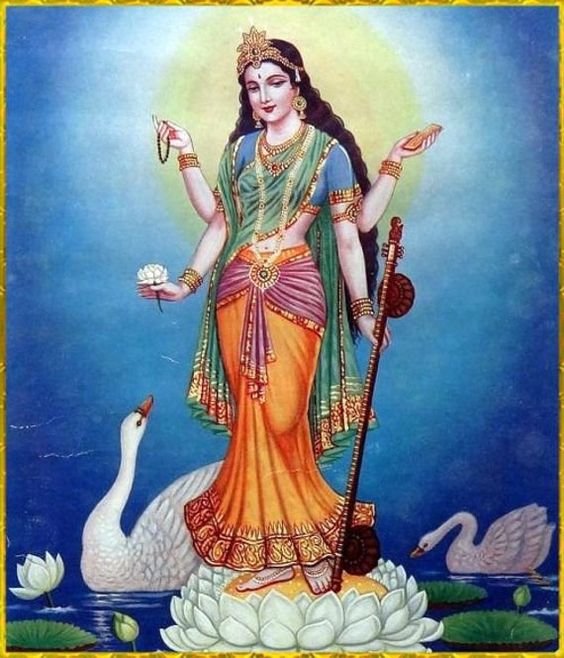
Unlike other religions, Hinduism did not originate from a single founder or sacred scriptures at a particular point in time. The first mention of Hinduism can be found in the earliest writings of the Hindu sages or Rishis. Hindu Mythology has an amusing history, oracular characters, phenomenal stories, and an innate relationship with modern science.
According to Hindu mythology, all living beings have to go through a continuous cycle of creation and destruction, known as the Maha Yuga. This cycle continues itself over four eons or Yugas. The first of these Yugas is the Satya Yuga or the golden age of truth and enlightenment. By the advent of the Treta Yuga, the second age in the cycle of the Maha Yuga, the goodness in human nature had started being replaced by the darkness inside human beings and the passion a human could possess. Dwapar Yuga, also known as the bronze age, represents the third stage of the cycle of Yugas. By the time Dwapar Yuga was at its peak the goodness and evil in human nature were neck to neck and man had become attracted to the materialistic aspects of the world. The last age in the cycle of the Maha Yuga is the Kali Yuga also called the Iron age. The current time period constitutes this Yuga. The Kali Yuga represents the hypocrisy, instability, and corruption of human nature.
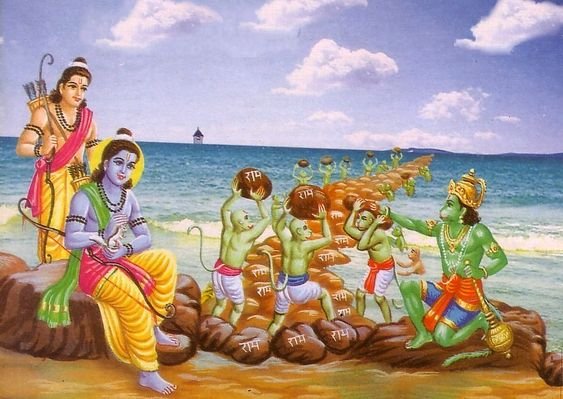
In Hindu mythology, there are epics like Mahabharata and Ramayana with Mahabharata being the longest ever epic written. These were written to create moral ethics for humans to seek. They narrate divine stories of the never-ending battle between good and evil and the victory of good over evil.
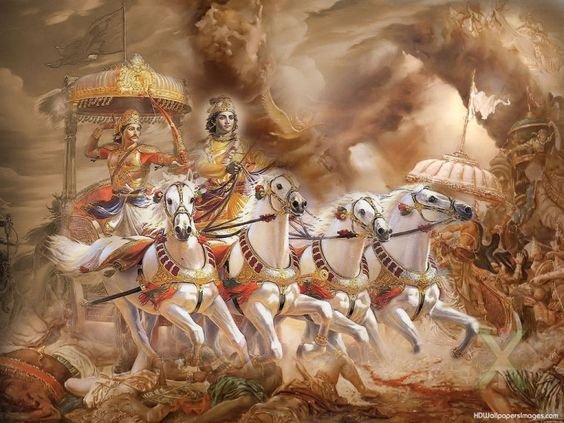
There also are Vedas in the Hindu Mythology that represent a collection of hymns and religious texts. Despite the fact that the Vedas were composed a thousand years ago, scientists have discovered a remarkable link between their messages and contemporary science. In fact, Albert Einstein once said, “When I read the Bhagavad Gita and reflect on how God created this universe everything else seems superfluous.” Hindu Mythology is often connected with science and much of evolution through traditional experimentation.
Several explanations of how the Cosmos was created can be found in Hindu mythology. The most appropriate version states that before creation there was no time, no heaven or Earth or space in between but only the gloomy ocean that washed up on the barren beaches of nothingness. According to another delineation, it all started with the enunciation of the sacred sound ‘om’. Hinduism adheres to a polytheistic tradition.

Hindus worship multiple deities and each of them symbolizes a certain aspect of life. It is believed that there are 330 million Gods in Hindu mythology, however, the Vedas proves that there are only 33 major deities and the others are their facets or avatars of them. The three main characteristics of the ultimate reality are seen in the Trinity or Trimurti of the Gods; Brahma-the creator of everything, Vishnu-the preserver of nature, and Shiva-the ultimate destroyer who brings about change whenever necessary.
